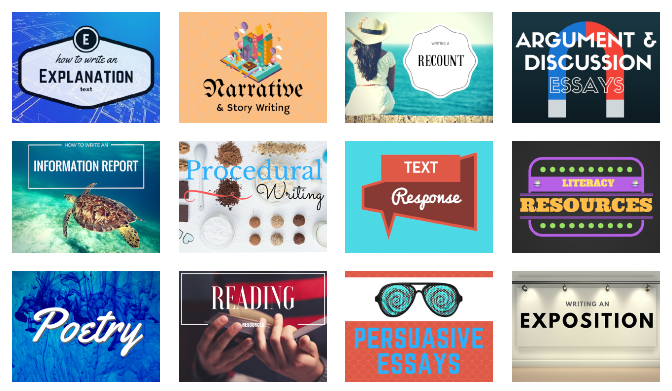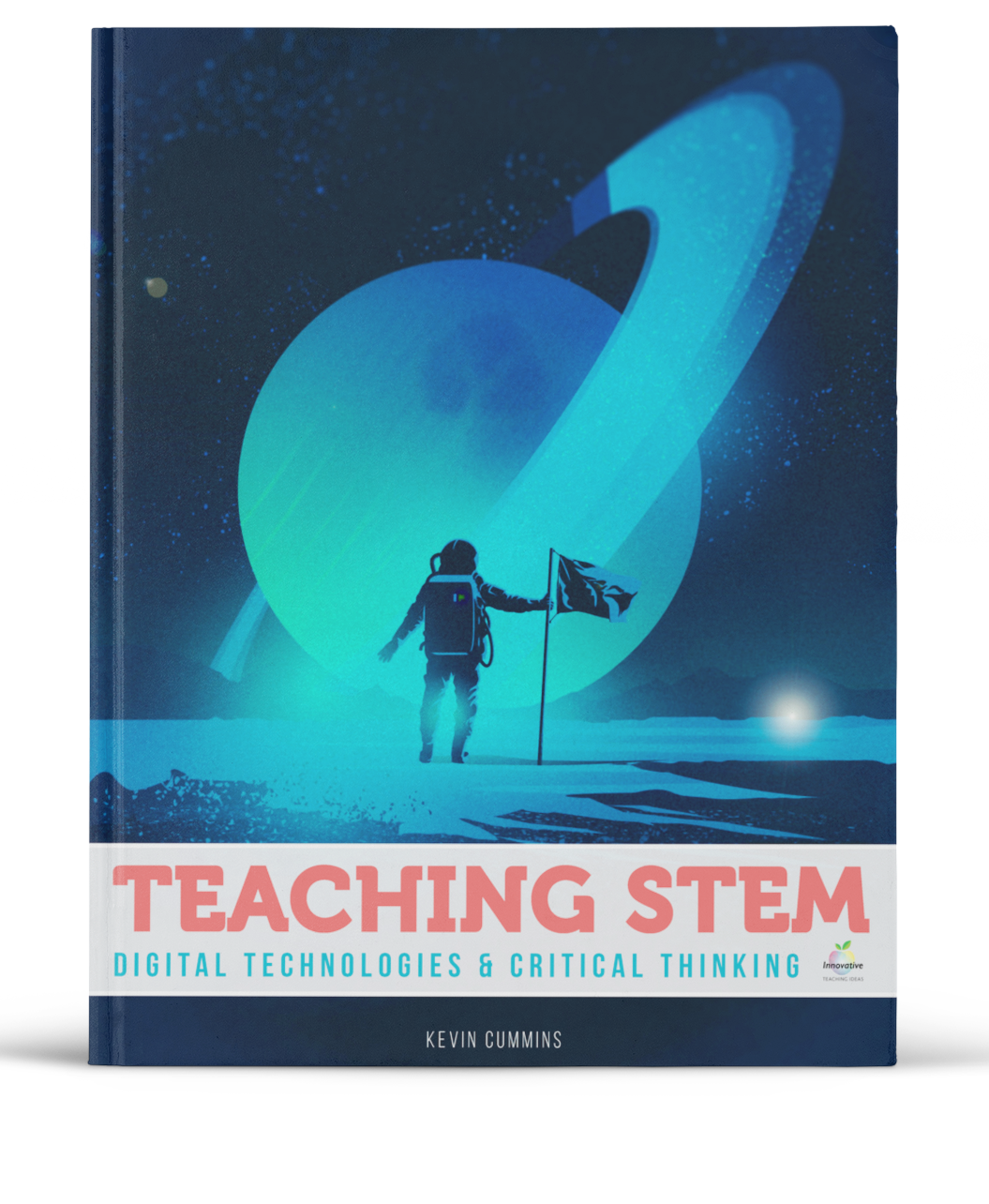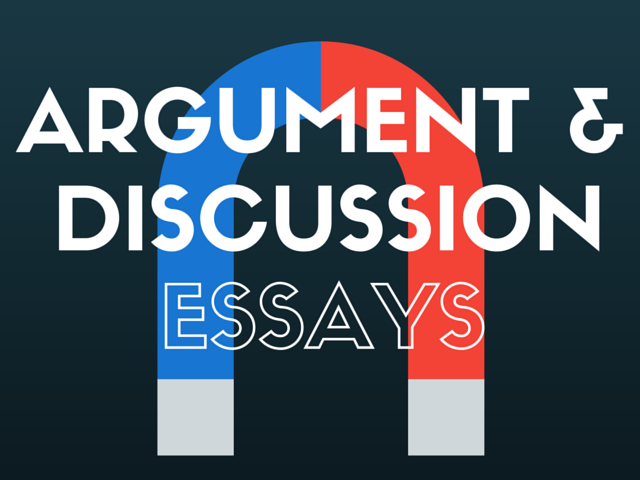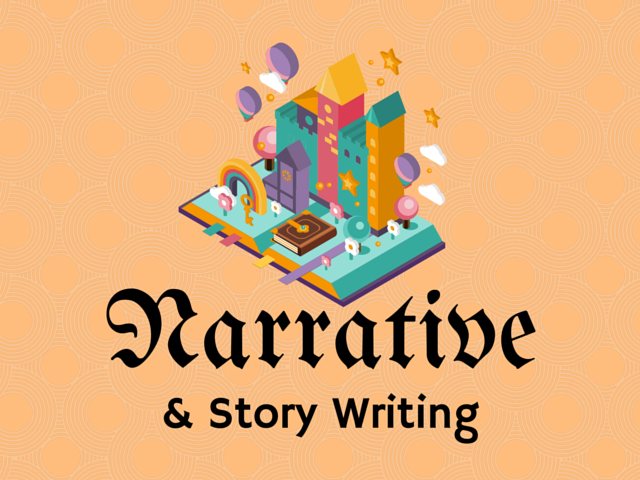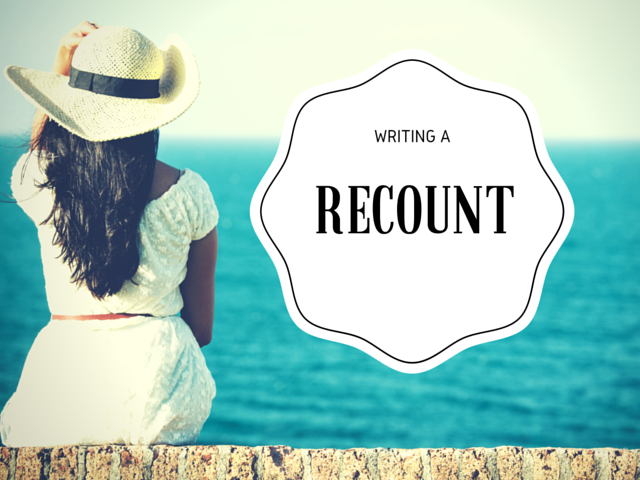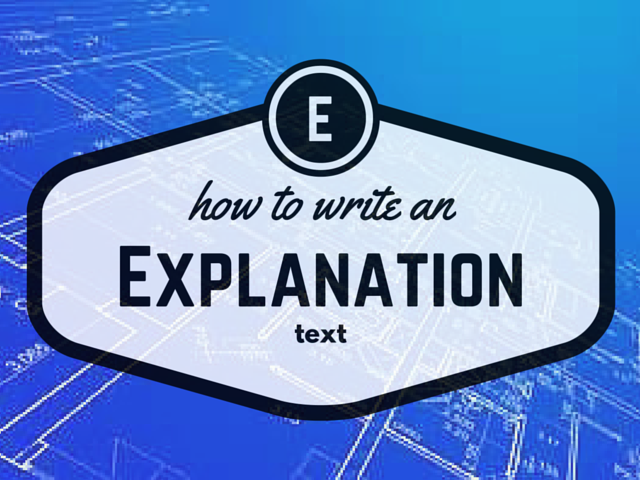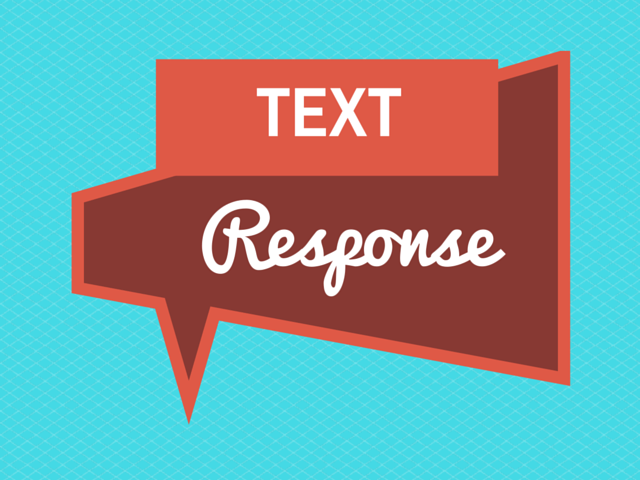5 persuasive writing prompts about heading to college
/High school students heading off to college have a multitude of decisions and considerations to make regarding their transition into adult life.
For many heading of to college will be a major point of consideration and discussion with parents and peers.
I hope these persuasive writing prompts for high school students heading off to college encourage them to put their ideas into an organised manner.
Prompt 1) Many other countries including: England, Australia and New Zealand, encourage students to take a year off to travel and explore the world before going to college. While not a mainstay in American culture, this "gap-year" movement is beginning to take hold. Do you feel that it is a good idea for students to take a year off between high school and college? Or should they go straight into college following high school?
Prompt 2) You have just gotten into your dream school, the problem is that your family was pushing you to go to a different school. Which school do you go to and why? Site specific examples.
Prompt 3) More and more students are planning on living off-campus their first year of college. Do you plan on living on or off campus for your freshman year of college? Why?
Prompt 4) A close friend of yours is interested in pursuing a career in a specific trade craft. Do you think they should go to a trade school that specializes in teaching that craft or should they go to a traditional college that offers that craft as a major? Write a letter to convince them to attend the school of your choice above.
Prompt 5) Your guidance counselor is asking for you to defend your choice of major. Write a detailed argument outlining why you are choosing to pursue that particular major. If you are still undecided in what major you are pursuing, write a detailed argument explaining why you haven't made that particular decision yet.
Please feel free to contribute more below.






